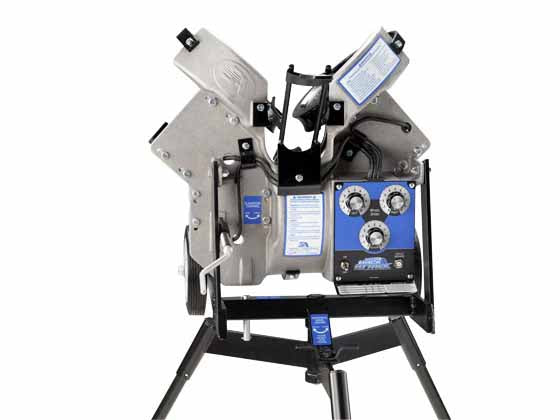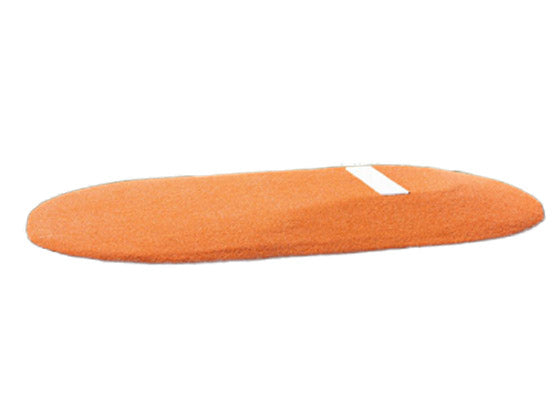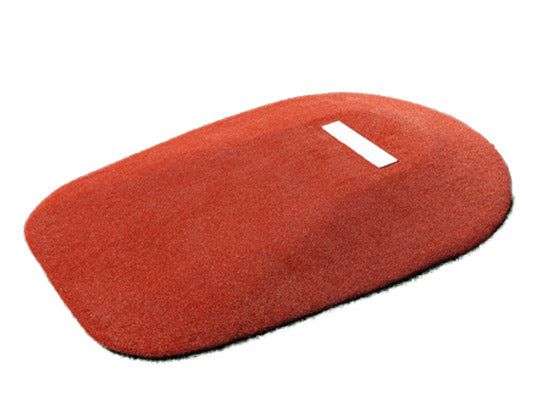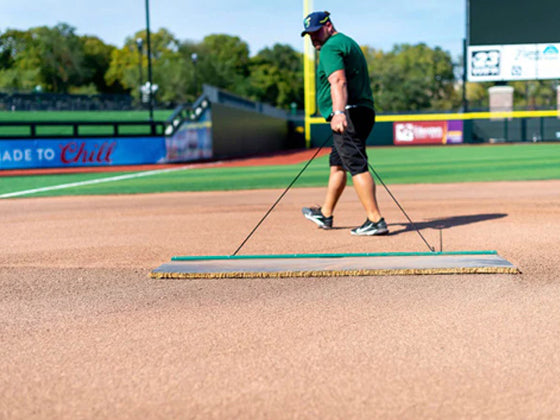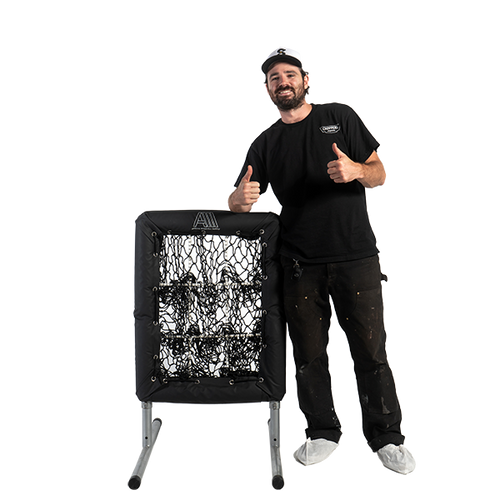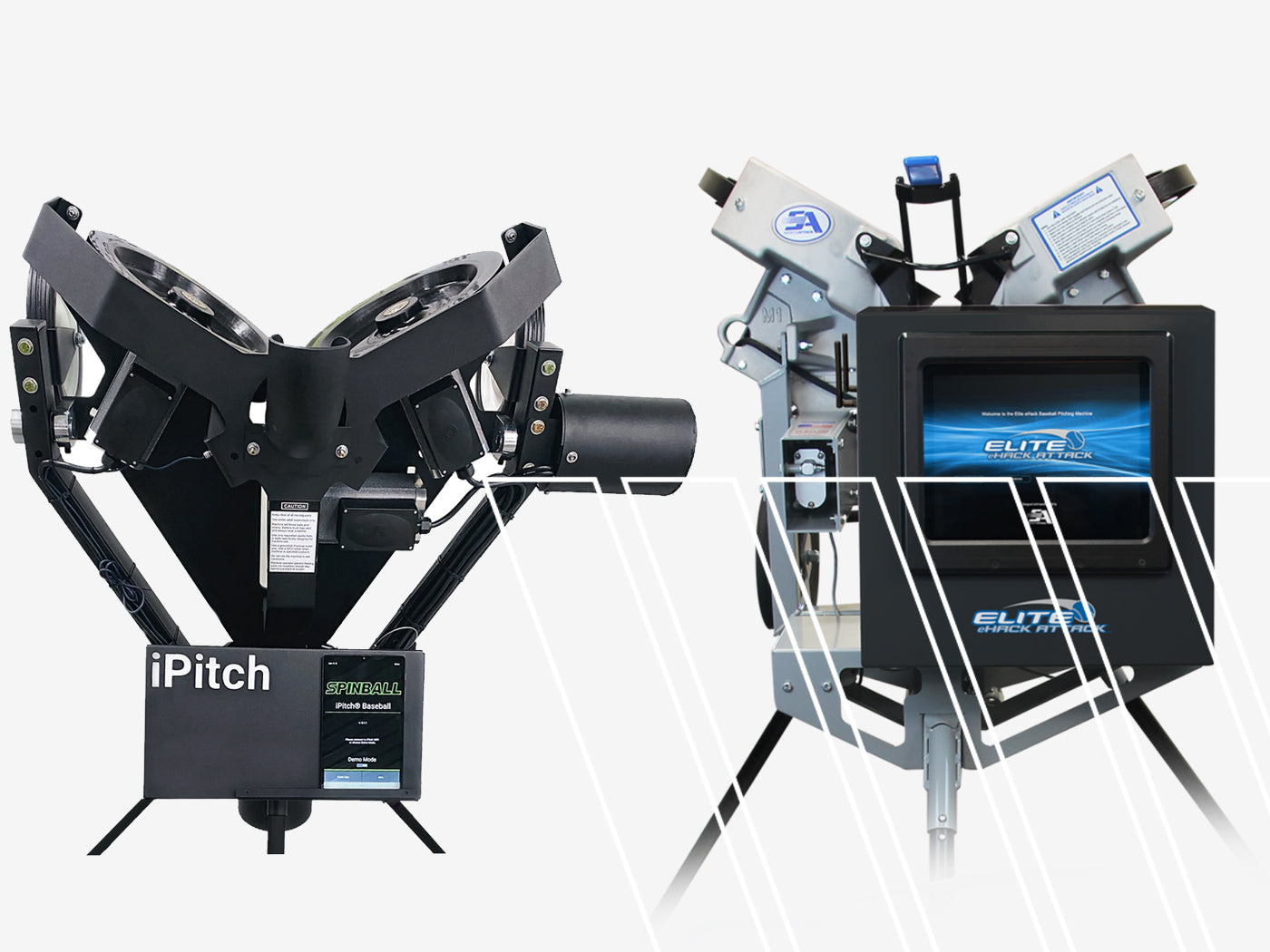Mechanical Pitching Machines vs Electronic Pitching Machines - Which One Is Better For You?
In the evolving landscape of baseball training equipment, the choice between mechanical and electronic pitching machines has become a pivotal decision for coaches, players, and parents alike. Each type offers distinct features, benefits, and limitations, making the selection process crucial to the effectiveness of training sessions.
What You Will Learn
In this article, we delve into a detailed comparison of traditional mechanical pitching machines with the more technologically advanced electronic models, shedding light on their functionalities, advantages, and constraints. By the end, you'll gain a clearer understanding of which type of pitching machine best suits their specific needs, whether it's for a youth league, a professional team, or personal practice.
Mechanical Pitching Machines

Defined by their use of physical mechanisms to launch baseballs, mechanical pitching machines are a simple choice in the world of baseball training. These machines typically employ arms that catapult the ball forward to the player. These machines are manually adjusted to change the pitch speed and type.
Advantages of Mechanical Pitching Machines
- Simplicity and Reliability: With fewer electronic components, mechanical machines are often more robust and less prone to malfunctions.
- Ease of Repair: The straightforward design allows for easier maintenance and repairs.
- Cost-Effectiveness: Generally, mechanical models are more affordable than their electronic counterparts.
Limitations
- Limited Pitch Variety: They usually offer a narrower range of pitch types and speeds.
- Manual Adjustments: Changing pitch settings can be more time-consuming and less precise.
- Lack of Programmability: Absence of advanced features like programmable pitch sequences.
Electronic Pitching Machines

Electronic Pitching Machines: These modern machines utilize electronic controls to offer a more sophisticated pitching experience. They are equipped with features like programmable pitch sequences, various speed settings, and the ability to simulate different pitch types.
Advantages of Electronic Pitching Machines
- Precision and Variety: Capable of delivering a wide range of pitches (fastballs, breaking balls, etc.) at varying speeds with high accuracy.
- Programmable Sequences: Allows for customizing pitch sequences to mimic real-game scenarios.
- Ease of Use: Quick and precise adjustments can be made with simple controls.
Limitations
- Higher Cost: Typically more expensive due to advanced features.
- Maintenance Requirements: More susceptible to electronic issues, requiring specialized maintenance.
- Power Dependency: Reliance on electrical power can limit portability and usage in areas without access to power outlets.
- Less Portable: Usually electronic machines are heavy and therefore less portable.
Comparative Analysis: Mechanical vs. Electronic
When comparing mechanical and electronic pitching machines, several key aspects come into play:
-
Accuracy and Consistency: Electronic machines generally offer greater precision in pitch speed and type, while mechanical machines might exhibit slight variations.
-
Pitch Variety: Electronic machines excel in simulating a wide array of pitch types, whereas mechanical machines are often limited to basic fastballs and limited variations.
-
Portability and Setup: Mechanical machines, often being more straightforward and less reliant on power sources, can be more portable and easier to set up in diverse environments.
-
Maintenance and Durability: The robustness of mechanical machines often translates to longer durability and simpler maintenance, while electronic machines may require specialized servicing.
-
Cost Comparison: Mechanical machines are typically more budget-friendly, making them a popular choice for smaller organizations or individual users, whereas electronic machines, with their advanced features, come with a higher price tag.
Each type of machine has its own set of strengths and weaknesses, making the choice largely dependent on the specific requirements of the users, such as the level of play, training objectives, and budget constraints.
Conclusion
Now that we know the key differences between both electronic and mechanical pitching machines, we hope you are able to make your purchasing decision easier. If you have any questions regarding pitching machines, please email us at support@anytimebaseballsupply.com or give us a call at (888) 466-0009!

 Contact Us
Contact Us